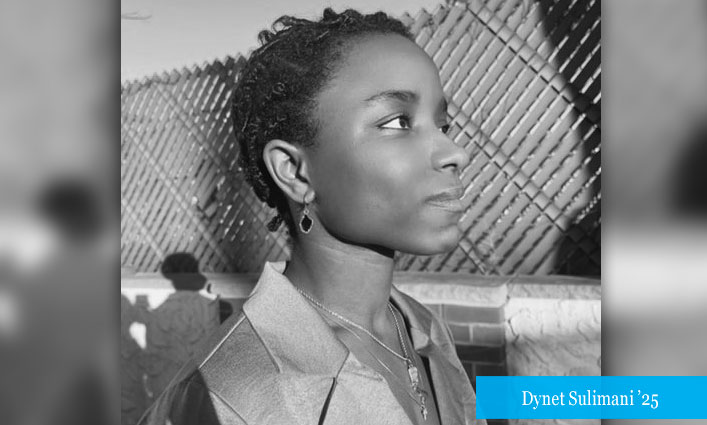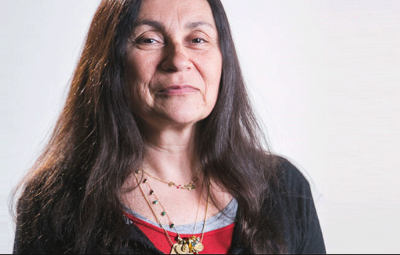
July is National Minority Mental Health Awareness Month. In an effort to explore the unique mental health struggles that racial and ethnic minorities face in the United States, we held a roundtable discussion focused on BIPOC (Black, Indigenous, and people of color) students’ mental health experiences.
About Dynet…
Major: Criminal Justice
Hometown: Mount Vernon, New York
Current Role: President of John Jay’s InterVarsity Christian Fellowship Club
Future Plans: Ministry
What unique mental health struggles do BIPOC people face?
As people of color, we’re always fighting negative stereotypes. If you’re Hispanic, people say awful things like, “They’re just here to steal Americans’ jobs” or “They’re all illegals.” If you’re African American, people say that you’re a “thug” and that you “steal things.” Black women are called “aggressive” and are constantly asked, “Why are you so angry?” These hurtful stereotypes are thrown at us regardless of who we are, what we’ve done, or what we’ve accomplished.
“I felt like I had to always watch what I said and be overly proper to prove the racial stereotypes wrong.” —Dynet Sulimani ’25
Constantly facing these negative stereotypes, I started to assume that people thought the worst of me because of my skin color. I felt like I had to always watch what I said and be overly proper to prove the racial stereotypes wrong. In the future, I want to encourage other Black girls, and all women of color, not to listen to those stereotypes. We can’t give them control over our lives.
How can mental health issues be more challenging because of a person’s race or ethnicity?
My family is from Sierra Leone and during the ’90s there was a civil war. My mom and dad saw their friends and family killed right in front of their eyes. I feel bad because I think they’re still reliving that trauma sometimes. Whenever I’m struggling with anything school related or a mental health issue, it can feel invalidated. They say things like, “You’ll be fine” and “Just be strong.” It makes me feel weak and ungrateful because my parents went through so much.
How have negative racial stereotypes impacted your mental health?
As a Black child, I was treated as if I was an adult when I was just a little girl trying to have fun and experience things. In my class, when a white child did something the teacher thought was wrong, she’d nicely say, “Sweetie, don’t do that.” When I did the slightest thing that was perceived to be wrong, in a stern voice she’d say, “Dynet, how could you do that? You know better. You need to act more mature.” I felt like I couldn’t be myself. At some point, I just stopped trying to be myself because I knew I wouldn’t be accepted.
Growing up I’ve experienced a lot of microaggressions that have taken a toll on me. Now, when someone says something clearly disrespectful or racist, I start to question myself. I don’t want them to say that I’m overreacting. So, I don’t confront the action. Afterward, I end up replaying the moment in my head over and over. I always regret that I didn’t say anything and that I didn’t take the opportunity to educate that person.
“Being part of this roundtable discussion reminds us that we can be winners, we are amazing, we have unique talents, and we can overcome our struggles.” —Dynet Sulimani ’25
Why is it important to observe National Minority Mental Health Awareness Month?
It’s dangerous to keep suppressing your feelings because at the end of the day those negative feelings can steal your joy. If your mental health is bad, everything else in your life will be bad too. Having a roundtable discussion like this is important because for so long people of color have been silenced about their mental health challenges. We’ve been gaslighted and made to feel like our issues are irrelevant. Being part of this roundtable discussion reminds us that we can be winners, we are amazing, we have unique talents, and we can overcome our struggles.
Students can set up a confidential meeting with a trained mental health professional, free of charge, through our Wellness Center. Faculty and staff can access free, confidential, emotional health, and wellness services through the CUNY Work/Life Program.


